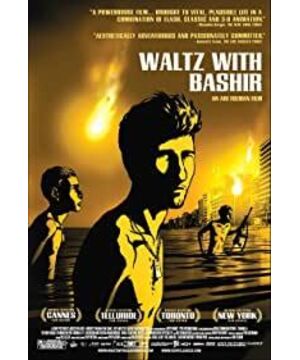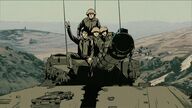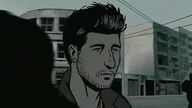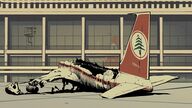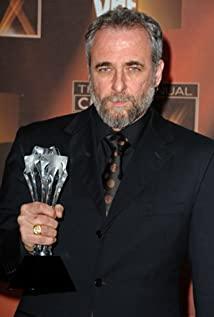As director Ari Folman stated in his own creation: If I conduct interviews with several parties in the form of traditional documentaries, face-to-face static interviews, it is not enough to reflect the fluctuations of the war mood at that time, nor can it reflect the war at that time. historical background.
When director Ari Folman was looking for investment for the film, he faced questions from 40 producers, 38 of whom asked why he wanted to use animated pictures to show the truth of history? In the end, a French producer, the producer of the film, made an investment decision on the spot.
As director Ari himself said: film is his only expression. Movies are surreal, and war is surreal. It's a perfect chimera.
The plot of the film is well known, not to mention. Politics, war, history, death, dreams, hopes, depression, humanity, and cruelty fill the entire film. But the director didn't want the audience to see the film just as a political documentary, but wanted to be considered an art film.
Collective amnesia, lost memories, unbearable memories. As a soldier of the year, the director has isolated this experience as a virus in his memory. In psychology, it is: selective forgetting.
The unaltered last 50 seconds of the film is really the shot, which is the finishing touch. While reflecting the cruelty of the massacre, it also indicates that the film is a documentary, a literary documentary.
As a bystander, one who watched helplessly and helplessly watch the tragedy of the Holocaust happen. It is difficult to forgive one's sins. Although the river of history has flown for 20 years, the nightmare of that night is still vivid in my mind.
Tomorrow is Tomb-sweeping Day, which celebrates our ancestors.
Today, let's reminisce about the history of other countries.
View more about Waltz with Bashir reviews


